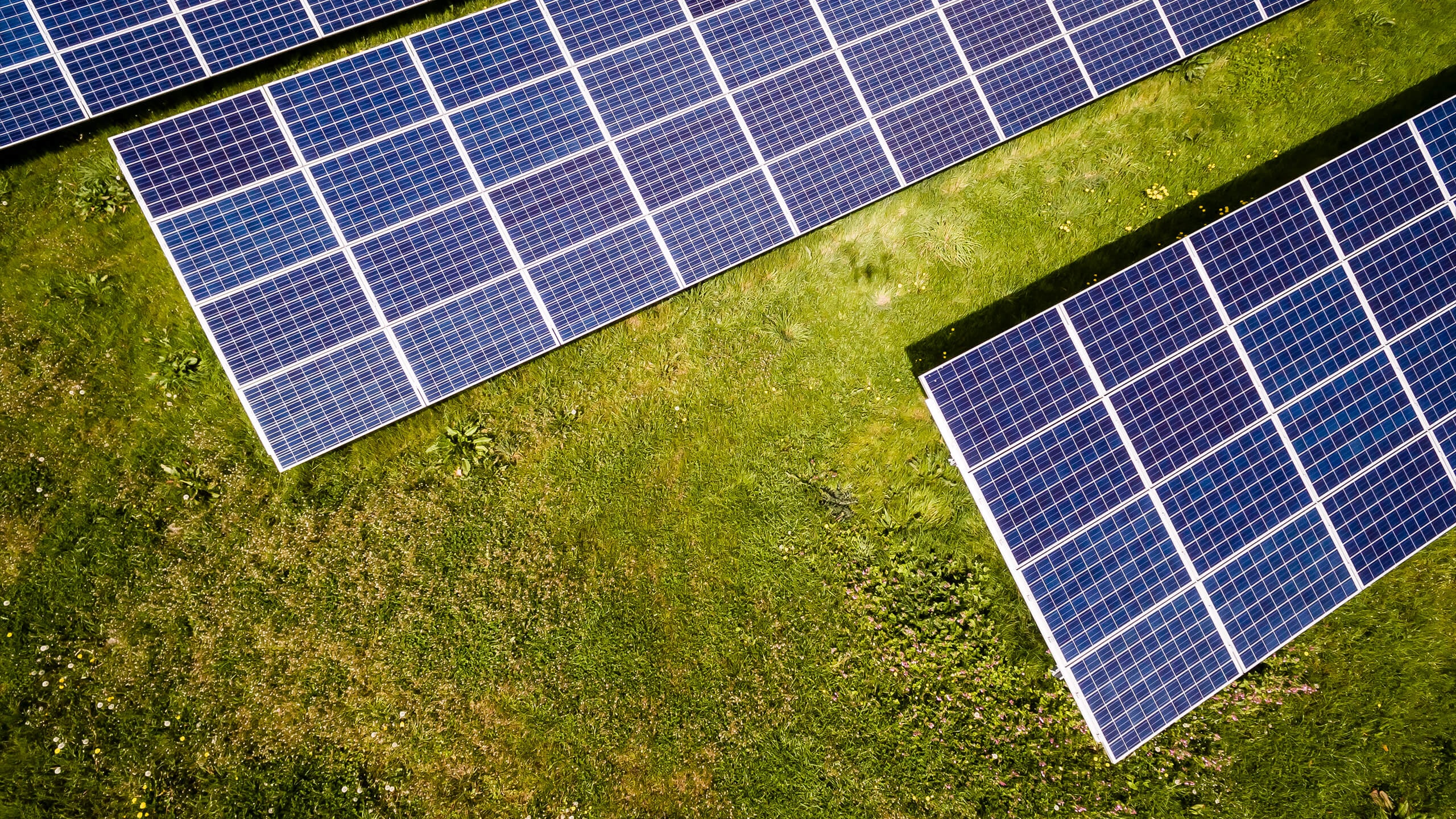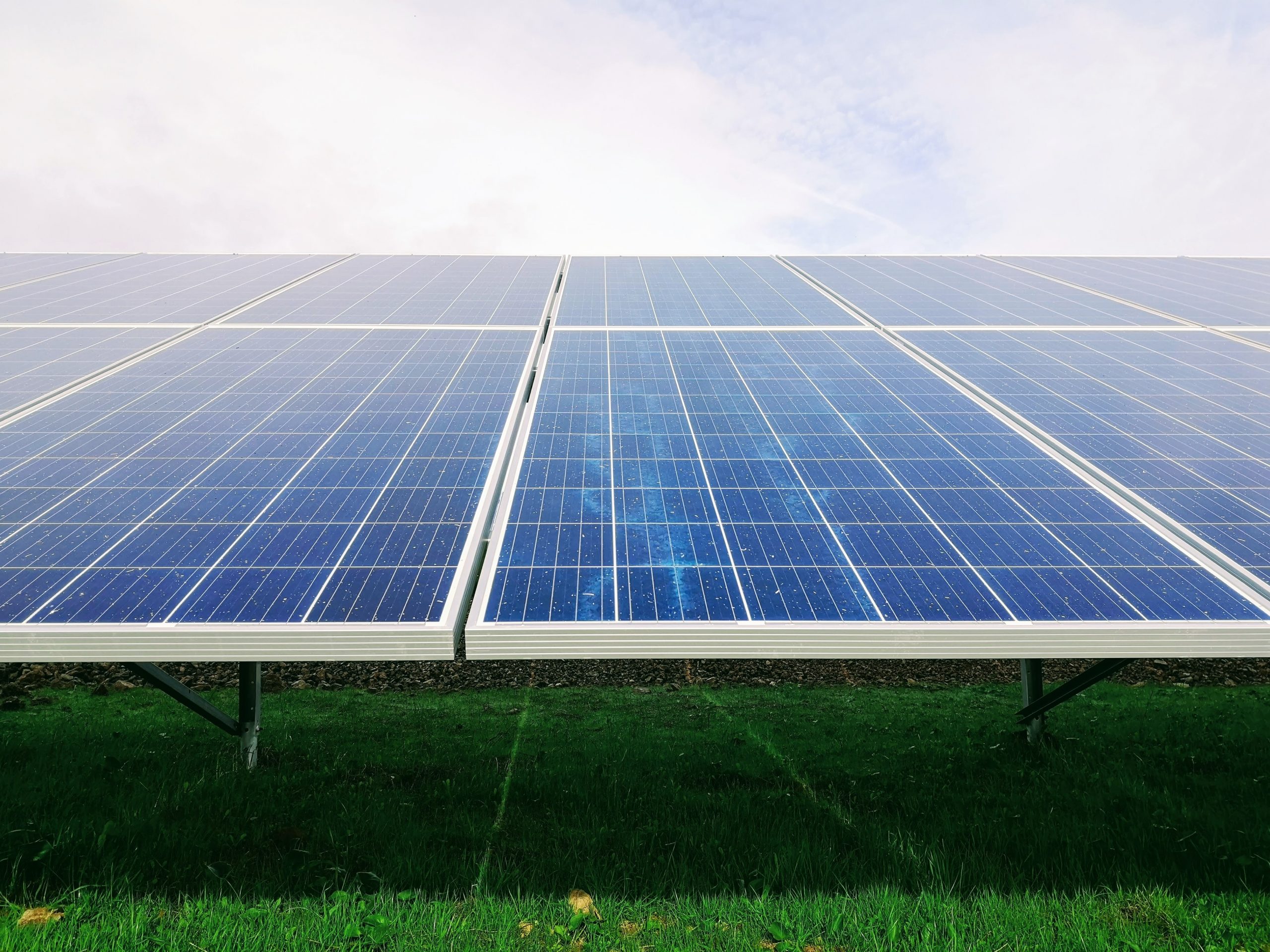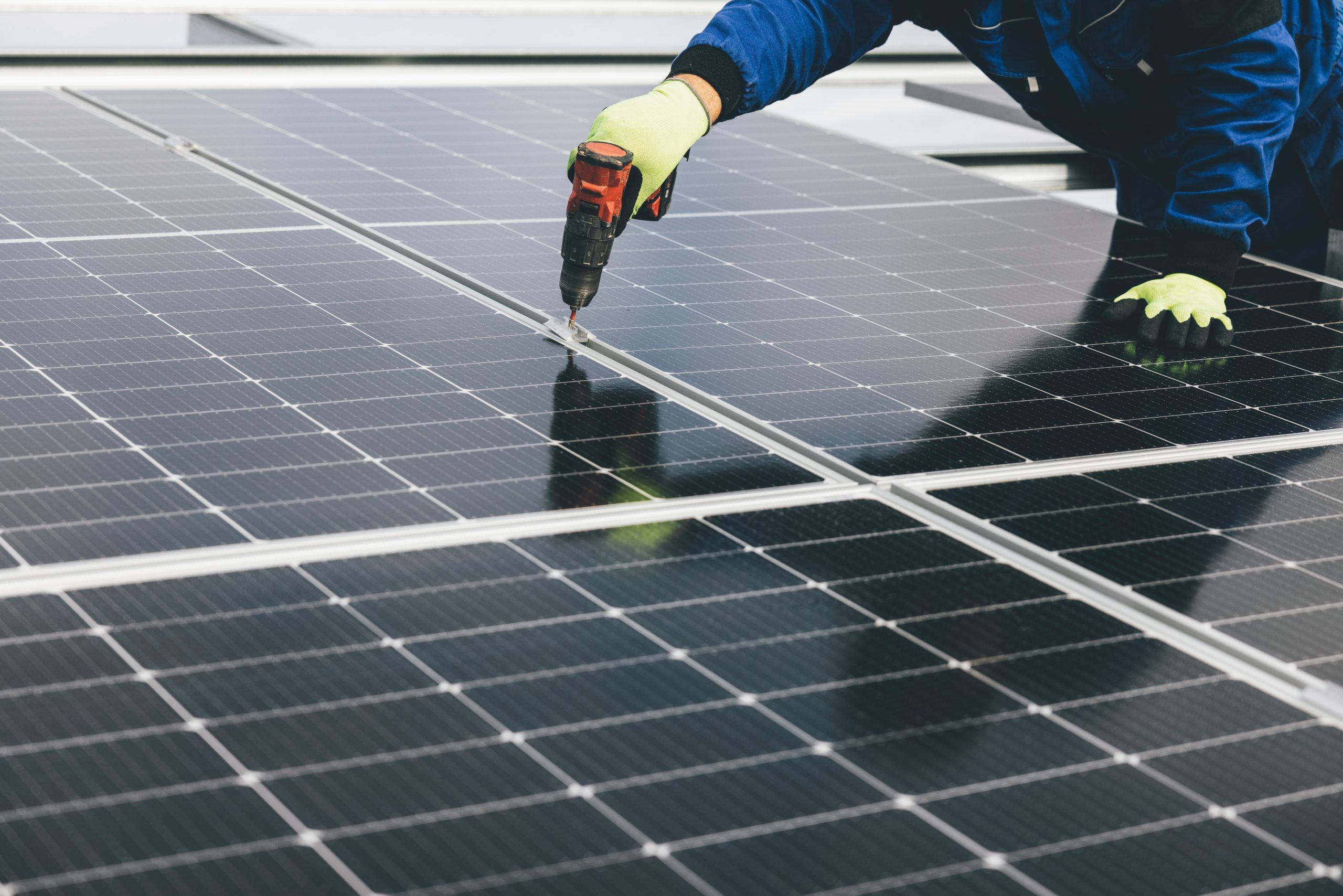As more people become conscious of the need to reduce their carbon footprint, domestic solar PV installations are becoming increasingly popular.
The idea of producing electricity, reducing dependence on fossil fuels, and saving money in the process is highly attractive.
However, before you make the decision to install solar PV, there are some important things you should know.
In this article, we’ll review the top 10 things you must consider before installing solar panels in your home.
Roof orientation and shading for Domestic Solar PV
The orientation and shading of your roof are crucial to the effectiveness of a domestic solar PV system.
Ideally, your roof should face south to maximize the amount of sunlight it receives throughout the day.
Shading from trees or other buildings can also hurt the amount of energy your panels can generate.
Not every home is suitable for solar PV installation, so it’s important to assess your home’s suitability before investing in solar panels. Factors like roof size, shading, and orientation will all affect how well your solar panels perform.

Panel efficiency
Not all solar panels are created equal. Some are more efficient than others, meaning they can generate more electricity from the same amount of sunlight.
It’s important to choose high-quality panels that will last for years to come.
Available space
To generate enough electricity to make the investment in solar panels worthwhile, you need to have enough space to install them. The size of your roof and the available space will determine the number of panels you can install for your home or domestic solar PV.
Cost and financing for Domestic Solar PV
The cost of solar panels has reduced significantly in recent years, but it’s still a significant investment. There are different financing options available to make the cost more manageable, such as leasing or purchasing through a loan.
The cost of solar PV installation can vary greatly depending on a number of factors, including the size of your system, the complexity of the installation, and the region where you live.
Be sure to get quotes from multiple installers and do your research to ensure you’re getting a fair price.
There are a number of financing options available for solar PV installation, including loans, leases, and power purchase agreements (PPAs).
Your installer can help you understand your options and choose the right financing plan for your needs.
Maintenance
Solar panels require minimal maintenance, but it’s important to ensure they are regularly cleaned and inspected to maximise their lifespan and efficiency.
There are a number of incentives and rebates available for solar PV installation, including federal tax credits and state-level incentives.
Your installer can help you identify which incentives and rebates you’re eligible for and how to take advantage of them.
Inverter
The inverter is an important component of a solar PV system. It converts the direct current (DC) produced by the solar panels into alternating current (AC) that can be used in your home.
The type of inverter you choose can affect the efficiency of your system.

Grid-tied or off-grid
A grid-tied solar PV system is connected to the main power grid, allowing you to sell any excess energy back to the grid. An off-grid system is completely self-sufficient and not connected to the grid. The choice depends on your energy needs and whether you want to be completely independent from the grid.
The size of your domestic solar PV system will depend on factors like your energy needs, available roof space, and budget. Your installer can help you determine the right size system for your home.
Net metering allows you to send excess energy generated by your solar PV system back to the grid, which can help you earn credits on your energy bill. Your installer can help you understand how net metering works and how to take advantage of it.
Battery storage for your Solar PV System
Battery storage allows you to store excess energy generated by your solar panels for later use. It’s important to consider whether battery storage is necessary for your energy needs and the cost-effectiveness of the investment.
Battery storage can help you get the most out of your solar PV system by allowing you to store excess energy for use later. This can help you save money on your energy bills and reduce your reliance on the grid.

Permits and regulations
Before installing solar panels, it’s important to check if you need any permits or have to comply with any regulations. These can vary depending on your location and can affect the cost and timeline of your installation.
It’s important to monitor your solar PV system’s performance regularly to ensure it’s operating at peak efficiency. Your installer can help you set up a monitoring system and show you how to interpret the data.

Professional installation
It’s important to have your solar panels installed by a professional to ensure they are installed safely and correctly. This will ensure that your system is efficient and will last for many years.
It’s important to choose an experienced and reputable installer who can ensure your solar PV system is installed correctly and will perform well over its lifetime.
Look for installers who are certified by industry organizations like the MCS and HIES.
Once your solar PV system is installed, you can start enjoying the benefits of clean, renewable energy.
Not only will you be reducing your carbon footprint and helping to fight climate change, but you’ll also be saving money on your energy bills in the long run.

Conclusion:
Installing solar PV panels can be a great way to reduce your carbon footprint, save money and become more energy-independent.
However, it’s important to consider the factors mentioned in this article before making a decision.
installing a solar PV system is a smart investment for homeowners who are interested in sustainable energy and reducing their carbon footprint.
By following these 10 tips and working with an experienced installer like Sustainable Electrical Services, you can ensure that your solar PV system is installed correctly and will perform well over its lifetime.
At Sustainable Electrical Services, we provide professional solar PV installation services, and we can help you through the process, from consultation to installation and beyond.




